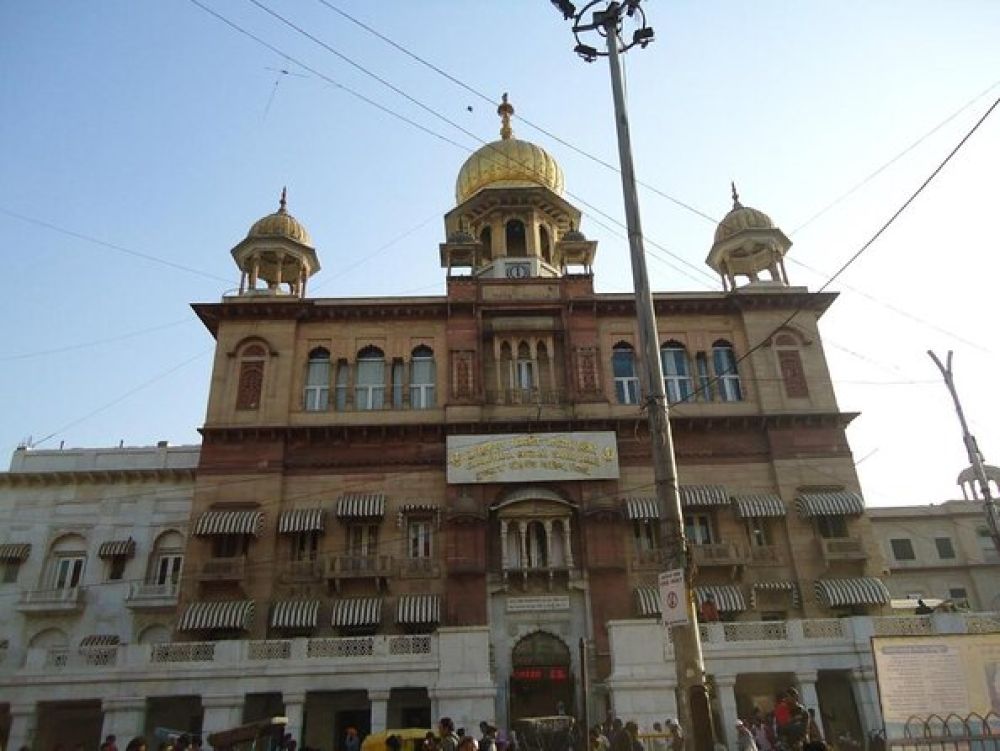

The history of tourism at Gurudwara Sisganj Sahib in Anandpur Sahib, Punjab is deeply rooted in its religious significance and spiritual heritage. This revered site marks the place where the ninth Sikh Guru, Guru Tegh Bahadur, was beheaded in 1675 on the orders of the Mughal Emperor Aurangzeb for refusing to convert to Islam. It stands as a testament to the sacrifice made for religious freedom and human rights.
Gurudwara Sisganj Sahib has been a place of pilgrimage for followers of Sikhism for centuries. Over the years, it has become an important stop for tourists interested in the history and culture of India. Visitors from all over the world come to pay their respects, learn about the brave history of the Sikh Gurus, and experience the tranquility and compassion that the Gurudwara exudes.
The development of tourism at this historic Gurudwara has been organic, with the Sikh community playing a key role in preserving its sanctity and offering warm hospitality to visitors. The government, recognizing the importance of the site, has also taken steps to improve infrastructure, thereby making it more accessible and tourist-friendly.
Events like the Hola Mohalla and the martyrdom anniversary of Guru Tegh Bahadur draw huge numbers of tourists and devotees. These events are characterized by vibrant processions, kirtans (devotional singing), and the display of Sikh martial arts, serving as major attractions for tourists.
In recent years, there has been an increase in the trend of heritage and spiritual tourism in India. Visitors are more interested in exploring the historical and cultural dimensions of religious sites like Gurudwara Sisganj Sahib. Eco-friendly and sustainable tourism is also gaining traction, with more tourists seeking authentic experiences that are respectful of the environment and local culture.
The Gurudwara committee ensures a serene ambience, providing free meals (langar) to all visitors, reflecting the Sikh principle of equality and service. The local delicacies and warm-hearted nature of the people in Punjab add to the unique experience. Moreover, many tourists engage in voluntary services (seva) during their stay, which forms a profound part of their visit.
Facilities around the Gurudwara have improved over time, with the availability of clean accommodations, visitor information centers, and transport options like buses and taxis. The Gurudwara is also wheelchair-accessible, making it convenient for differently-abled pilgrims and tourists to visit.
There have been ongoing efforts to preserve the historic integrity of Gurudwara Sisganj Sahib. Restorations and maintenance are carried out regularly, ensuring the site remains a living piece of history whilst catering to the needs of the modern visitor.
With each passing year, Gurudwara Sisganj Sahib continues to be a beacon of spirituality and history, attracting visitors from around the globe and enhancing its reputation as a premier destination for anyone interested in Sikhi, peace, and humanitarianism.